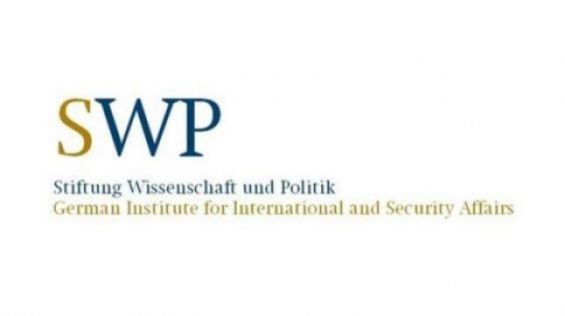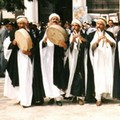The German think tank German Institute for International and Security Affairs (GIISA), close to the Bundestag, carried out a study called «Measuring the Maghreb What Do Rankings and Indexes Really Tell Us?» in which they seek to determine is ranking instruments are faithful to reality in Maghreb. For this study, GIISA accounted for 35 indexes and rankings and focused on three countries, Morocco, Tunisia and Algeria.
A study of the rankings allow GIISA to establish that countries from the Maghreb are generally ranked in midle tier of studies Sate, never in the last third. For military topics (Global Militarisation Index), passport strength (Arton Capital’s Passport Index) or government performances (Ibrahim Index of African Governance) they actually achieve the top tier.
Democracy, freedom, corruption : Tunisia leads the way, but flawlessly
If Tunisia ranks particularly well in Bertelsmann Transformation Index (BTI), that asses political transformation, economical transformation, and governance, reaching the 44th place out of 137 States (against 83rd for Algeria and 94th for Morocco), the BTI nuance that Tunisia is a «defective democracy», that goes along well with the notion of «flawed democracy» of the Democracy Index de l’Economist Intelligence Unit. According to them, Morocco ranks as a «hybrid regime» in which exist obstructions to democracy, without making it an authoritarian sate like Algeria.
The Freedom in the World Index depicts a much serious situation for Morocco giving him the note of 37 out of 100, only half of what Tunisia received, giving it the «partly free» label in terms of political rights and civil liberties. Morocco ranks in an intermediate place in terms of corruption (86 out of 160 in the Corruption Perceptions Index) and in a worse place in the World Press Freedom Index with the 136th place out of 180. Globally, Tunisia manages to find itself in a better spot in those rankings, except when it comes to security, where Morocco always ranks higher in terms of fight against terrorism, security and safety and domestic and international conflicts.
Morocco : leading in economy and climate
No country in Maghreb manages to catch up with the lead Morocco takes in the rankings related to economy and climate. Indeed, the Kingdom is a world leader in terms of ecological sustainability, rising up to the 7th place (out of 61) in Climate Change Performance Index. In reality, Morocco ranks fourth because the three highest places are left blank as a political symbol. Other rankings give a much milder image of Morocco’s progress in terms of sustainable development, in example the Global Green Economy Index that gives Morocco the 59th place out of 180.
Morocco stays the most interesting country in the Maghreb in terms of entrepreneurship for the World Bank that ranks the country 53 out of 190 in its Ease of Doing Business Index. In terms of budgetary transparency, economic freedom and connectivity, Morocco leads the way with the 62nd place (20 places before Tunisia and 50 places before Algeria). Moroccan’s competitivity is also more interesting, ranked 75th out of 141 in the Global Competitiveness Index.
What about Algeria ? The country is only leading the way in three rankings : the Human Capital Index, the Human Development Index and the Global Militarisation Index.
Rankings and reality, not always in agreement
To conclude this study, the think tank made a point by explaining how those rankings don’t always allow to give a faithful image of the reality on the ground. On topics like democracy, studies show that a specific vision is not always in sync with the reality lives by the locals, all the more so than if Maghreb states are neighbors, some things can’t be compared, like Moroccan and Algerian political organization.
In the same way, some tools developed for those rankings are developed far from the reality of the ground they study, which makes the offset even more important in the representation of reality. The GIISA complains that «subjectivity begins with those who design the instruments, and judgements are already being made in the process of designing the instruments.» Nevertheless, the study conducted by the think tank allow us a have a clearer visual of the way countries from the Maghreb are seen and referenced.





 chargement...
chargement...













